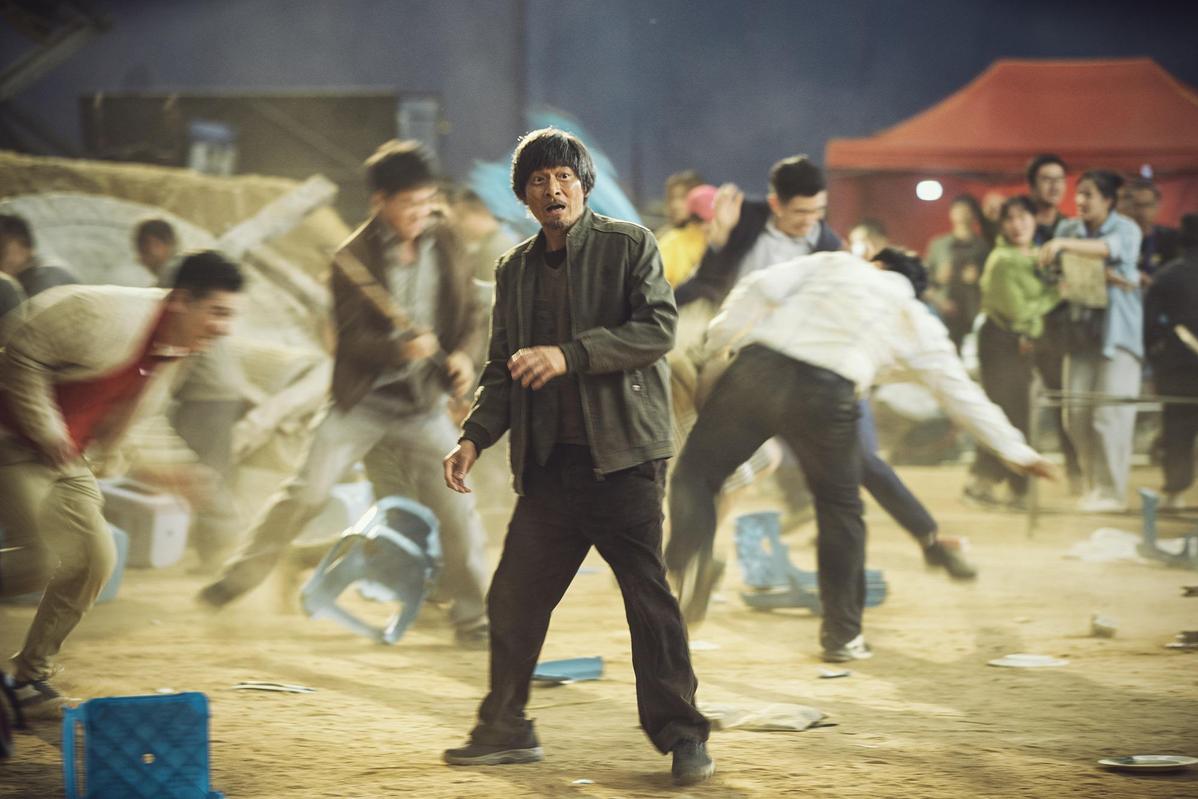Pitch-perfect satires that give delight and hurt not


Emperor allows its narrative absurdities to build slowly. There are a few laugh-out-loud moments, but the wittiest observations are the quietest ones: Lau rearranging cutouts of rival actors before an interview, an army of PR staff pivoting on a dime to "control the narrative", the subtle verbal jabs of Lau's long-suffering assistant Lin Weiguo (Pal Sinn). The film also relies on our willingness to watch the vain, out-of-touch, selfish Lau dig himself into a hole so deep that he's unlikely to crawl out of it.
Poor Things is perhaps the most intensely Lanthimos film of the Greek director's career. The intentionally stilted dialogue, the super-wide angles, the pitch-black humor and blunt discussions of sex are all present and accounted for, but in a more heightened way than ever. It's hard to convey just how rich the visual storytelling is, and how effective frequent Lanthimos cinematographer Robbie Ryan's (I, Daniel Blake) meticulously composed frames, Holly Waddington's breathtaking costumes and the year's most evocative production design, by Shona Heath and James Price, are.
None of that would matter were it not for Stone pulling off Bella's march toward wisdom and agency with such aplomb. In every scene, she turns in a confident performance, rooted in ace comic timing and committed politics.
She is supported by Mark Ruffalo as Bella's shepherd into adulthood, Duncan Wedderburn, and Ramy Youssef as Godwin's proper, slightly naive assistant Max McCandles. Ruffalo, in particular, deserves extra credit, especially seeing that one wrong foot puts his performance in the wrong kind of camp.
























